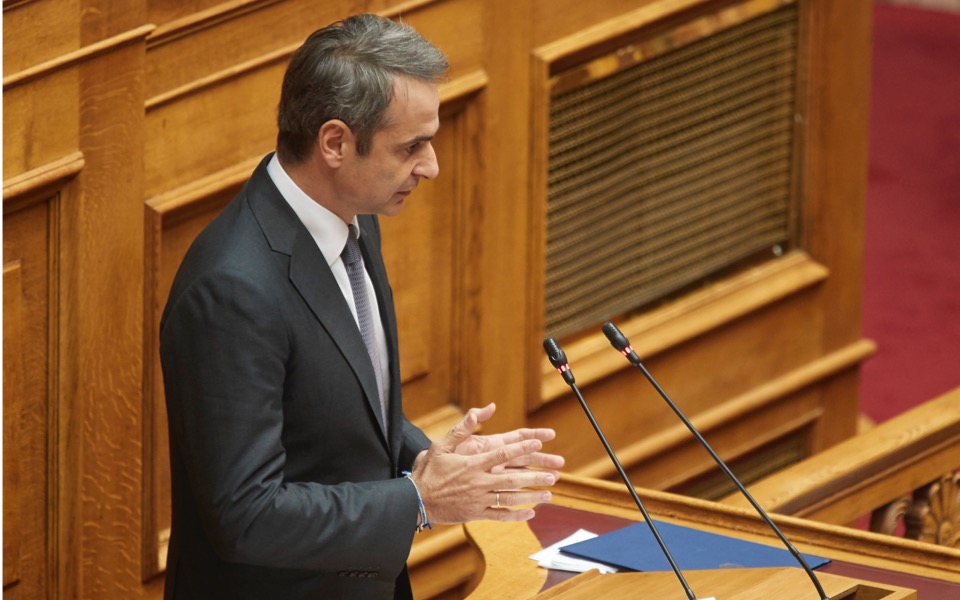Choosing the country’s president

Several name have been floated as candidates for the Greek presidency, including those of former prime ministers Costas Karamanlis, Antonis Samaras and Panagiotis Pikrammenos, as well as that of ex-PASOK chief Evangelos Venizelos.
There is also the possibility of the government nominating someone from the “other camp,” as was the case with Andreas Papandreou’s backing of Costis Stephanopoulos, Karamanlis’ of Karolos Papoulias and Alexis Tsipras’ of Prokopis Pavlopoulos. It is also possible that the latter, who is president today, will be re-elected.
Given the shortage of women in the present government – just five among 50 ministers and their deputies – it is also possible that a woman will be put forward for the presidency. Some of the names being heard include ex-minister Marietta Giannakou and former European Union commissioners Anna Diamantopoulou and Maria Damanaki, but also non-politicians such as Council of State president Katerina Sakellaropoulou.
Speaking in Parliament during the recent discussion on the constitutional review, Prime Minister Kyriakos Mitsotakis said his nomination would be defined by consensus. Of course it was not clear whether he meant a person without party affiliations, someone from the broader center-left or a figure of the center-right who is widely popular across the political spectrum.
The good news is that the tactic of using the presidential election to force snap polls – which is what George Papandreou did in 2010 and Tsipras in 2015, to the detriment of the country – will not be repeated. The bad news is that while the three biggest parties agreed on stopping this abuse of the Constitution, they failed to agree on how the president will be elected.
Regarding the process, incumbent New Democracy met with success in seeking for it to entail five consecutive votes in the 300-seat House, with the following majorities needed for the president to be elected: 200, 200, 180 and 151, and then just by a relative majority.
In any case, the decision on the nomination will rest with the premier. He will have to weigh his options and decide what is best for the country – not what might look better for him or his party. His choice may affect the operation of democracy and may impact the country even after Mitsotakis is no longer prime minister.
There will inevitably be some criticism for whoever he chooses, but he should not allow this to influence his decision.
The prime minister is credited with giving New Democracy a larger-than-anticipated win in the last general election and allowing it to form a government on its own, without having to make compromises and promises. This liberates and allows him to weigh the personality, capabilities, knowledge, moral standing and symbolism of any given candidate.
The choice he makes – when he takes a couple of days off during the Christmas holidays to “go to the mountain,” where, as he recently revealed, he does his best thinking – will be entirely his own, and he will be judged by it.





